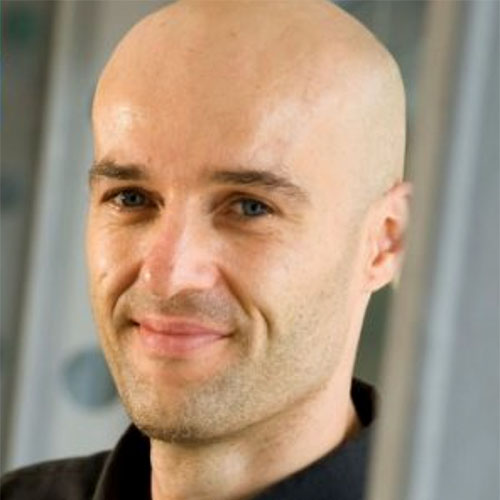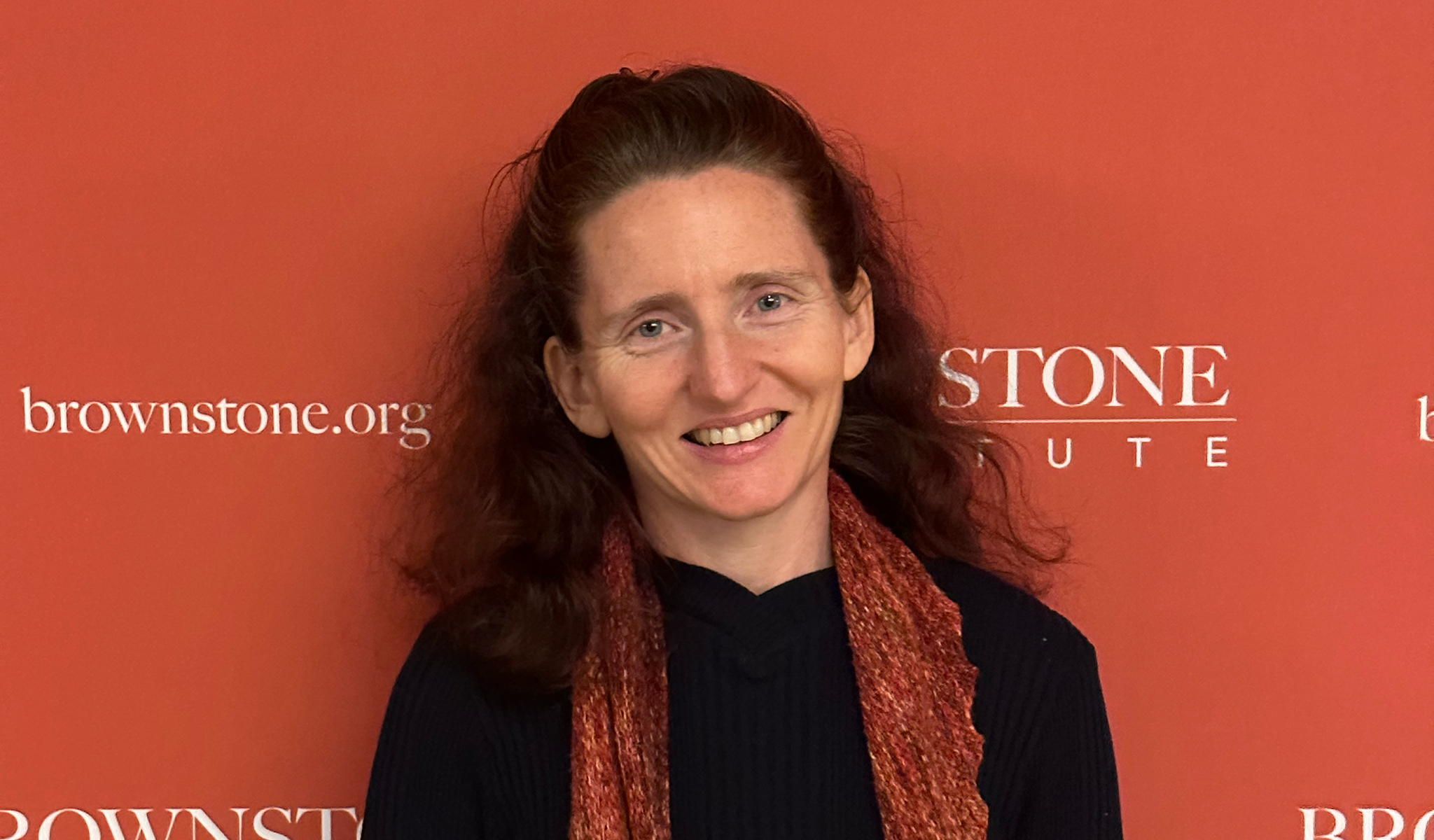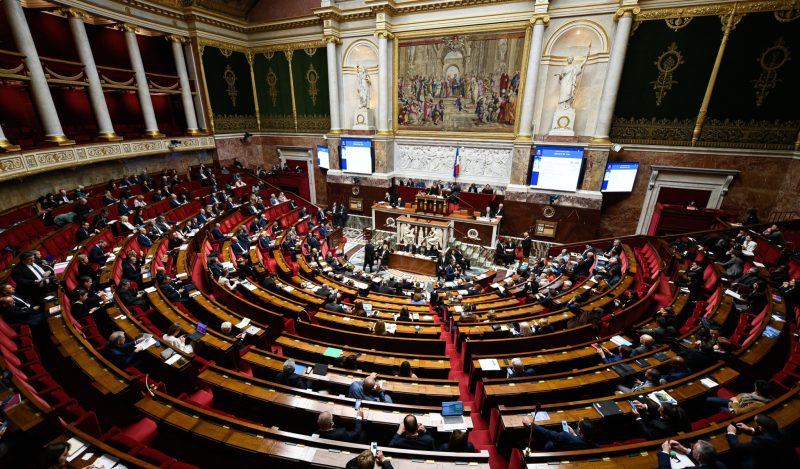Most academics since January 2020 have lined up obediently behind even the most improbable self-deceptions of the covid leaders. Chillingly, they’ve acted out a rough reprise of the performance of their professional forebears in 1930s Germany, when a large fraction of German scientists supported the irrationality of the Nazis.
At the start of the current madness in many Western countries, thousands of academics signed petitions (like this one) that effectively begged their democratically elected governments and their supporting bureaucracies to transform themselves into cadres of despotic thugs.
Through what means was this to be achieved? By using the machinery of state itself to force unproven social and medical experiments onto entire populations, and in so doing running roughshod over constitutional liberties and internationally recognised human rights.
Bizarrely, academics applauded as covid leaders around the world ignored the accumulated public health knowledge of decades and even tampered with the well-researched blueprints that had been prepared for just such an event. Most academics fell hopelessly in love with the illusion that expert-led totalitarianism was the answer to this new threat, and that preservation of freedoms had no meaningful benefit. They were, in short, smitten by the lure of fascism.
Fascism: Its nature and appeal
The broadest and simplest definition of fascism according to the Merriam-Webster online dictionary is: “a tendency toward or actual exercise of strong autocratic or dictatorial control.”
We, as academics ourselves, can understand the appeal that some flavour of this ideology might have to other academics. Indeed, in many ways fascism is the natural philosophy of an academic. After all, academic institutions are spawning grounds for people who specialise in mastering a field of knowledge such that they end up knowing more about that field than anyone else, thereby providing society as a whole with the benefits of that greater depth of expertise. To make this usefulness manifest needs a system in which those who achieved the greater knowledge are given relatively more attention and weight in public decision-making.
Academic specialists are therefore inherently a bit ‘above the people’, with the people expected to some degree to ‘trust the expertise’ in order to make the whole academic endeavour worthwhile in the first place. Some academic institutions and individual academics rub this in by pulling rank, flaunting their supposed brilliance and directing ordinary lay folk not to question their authority. Still, such obnoxious elitism is not quite fascism.
A little extra step is needed, and it involves the complicity of the lay folk themselves. “The people” must concede that superior expertise entitles its possessors to be directly in charge of real-world affairs, and to have at their disposal the enforcement tools to punish those who don’t fall in line.
To the Webster definition above we might add, from Michael Foucault, that “[t]he strategic adversary is fascism… the fascism in us all, in our heads and in our everyday behavior, the fascism that causes us to love power, to desire the very thing that dominates and exploits us.”
Foucault here recognises that it is human nature to fantasize about having great power. It is within the human nature of academics to fantasize about deserving that greater power because of the effort put into setting up a model, a measurement technique, a framework, a research program, or a curriculum. We ourselves are familiar with that feeling of light-headedness when indulging in fantasies about amassing a huge following and having millions emulate our work while going about our daily business, doing research and writing books. These fantasies can be useful, in moderation, as a motivational device. Curiosity alone might be sufficient reason to become an expert, but to mount the effort to tell the rest of the world about that expertise, it is useful to have a desire to affect others.
It is thus no surprise that academics have once again proven sitting ducks for the lure of fascism: the fantasy that the rest of humanity should follow them and accept their higher status. The message that lay folk must logically resign themselves to inferiority has been issued in many ways, using many cloaks, and most obnoxiously in this period by the world’s health scientists, epidemiologists, and economists who have ruthlessly exploited the public’s trust in their “expertise” while joining in with the lunatic crowd.
Fighting fascism
What is the key argument against the logic of fascism? What should we emphasise and teach much more vigorously in future, if we wish to avoid another repeat?
The key truth to bear in mind is that power corrupts everyone, including academics. Power is like heroin to humans. We crave it, we are willing to kill and lie for it, and we cannot help but fantasize about how we are going to get more of it.
Because of what is known about its hold over us, we should distrust everyone who has power, including ourselves. Having both expertise and the authority to direct things is simply too much power to entrust to anyone: the expert who is also an authority will start to abuse her expertise to come up with more and more excuses to cling to power. We have seen this in spades in virtually every Western country during covid times (Fauci, Witty and Lam are but three of the most notorious ones).
Central to the lure of fascism is the lie that power will not corrupt us. As illustrated poignantly in Lord of the Rings, the lure of fascism – even to the morally upright person – is the delusion that he can both hold absolute power and continue to be a morally good person. By succumbing to the lure of power, an otherwise good person succumbs to the lie that power corrupts everyone else, but not himself, because he is BetterTM.
The covid period should remind us of a lesson learned in the Nazi period, which is that experts in authority will lie ruthlessly to rationalize why they should remain in power, thereby perverting their expertise. They will even purge other, often better, experts who disagree with them or are in their way. Einstein was purged by the Nazis, and he ended up helping the Americans devise weapons to defeat his former fatherland. This time around it has been Kulldorff and others.
The lie that an uncorrupted power-holding human expert can exist was already on full display in that blueprint for a fascist society, The Republic by Plato. Plato openly fantasises about a society in which those with greater learning are accorded greater power, with a Philosopher King at the very top. It’s a hideous power trip, and one much admired by generations of academics who enjoy thinking of themselves at the summit. They fail to realise that if put at such a summit, they themselves would lie about how certain they are of their ‘solutions’, and that in such a world the rest of humanity would not follow them slavishly if they had the alternative of indulging in their own fantasies.
The blame for the current round of fascism that emerged in 2020 must be shared widely. The culture of worshipping ‘success’ and hence of seeing those at the top as inherently ‘better’ makes power even more seductive. It validates the power obsession that lives to some degree in all of us by equating authority with superiority. It is not the culture we need. Those in power should always be relentlessly and perennially scrutinised, no matter how worthy they might have been before their ascent.
The evil in ‘empowerment’
The inevitable corruption of the powerful leads us to question whether it is truly a good thing for people to have more power. Our scepticism extends to the concept of ‘empowerment’, which while often casually assumed today to be a good thing, in fact embodies the same conceit that power is the source of all good rather than a poisoned chalice.
Our culture has taken a wrong turn in recent decades in its emphasis on ‘empowerment’ for everyone who feels themselves, their ‘types’, or their forebears slighted. This emphasis is blind to the wisdom of our greatest writers about how power seduces and corrupts.
Society would benefit from a renewed awareness of the lesson common to the stories of Goethe’s Faust, Shakespeare’s Macbeth, Voltaire’s Candide, Game of Thrones’ Daenerys, and the American Revolutionaries: in brief, power is humanity’s heroin. We crave it, lie for it, beg to have it, and worship it, but it is not good for us. None should be trusted with it and none should have a lot of it.
Power is a curse. We should aim to spread power over the population and over different parts of society not in order to spread its joys, but in order to dilute its evil influence. The open recognition that power is more a curse than a blessing would require a sea change in our present narratives around notions of empowerment.
We are of course asking the near impossible, which is an open recognition that power should be seen as a burden that needs to be shared rather than something desirable that everyone should chase. Can we denounce our hero-worshipping of power? Can we recognise that most of us have lied to ourselves about power our whole lives, and that virtually the entire cultural and political elite openly lies about power? These are tough asks.
Yet, recognising that power is the most harmful drug known to humanity – and building this recognition into our educational institutions and culture – does offer some hope of protecting people against the lure of fascism, because it puts the ‘expertise’ of the powerful into its proper perspective. It drives home that experts in authority as highly fallible, not only because they are humans but because they are highly exposed to the drug of power.
Combining expertise with authority is the road to perverting true expertise. No expert should have much power, and experts in authority should always be distrusted. They should be the last people permitted to dictate to others what should happen ‘on the basis of their expertise’. Rather, experts should be put into the position of needing to explain and convince competing experts and a sceptical population. Academics and other scientific experts should accordingly have the role of explaining and recommending, but not of making decisions. This is particularly true when there is a lot at stake, as there is in an emergency.
Can this sea change in our view of power happen within the current academic environment? We doubt it. Universities are now strongly oriented towards the power-is-good fantasy. Academics are forced to chase influence and recognition, and are worshipped when they achieve these things. University managers are similarly obsessed with fame, league tables, and other indicators of the power of their institution. In sum, current universities are breeding grounds for fascism, and therefore solidly part of our present problem. We need totally different universities. In places like the US, this may require starting almost from scratch.
Published under a Creative Commons Attribution 4.0 International License
For reprints, please set the canonical link back to the original Brownstone Institute Article and Author.











